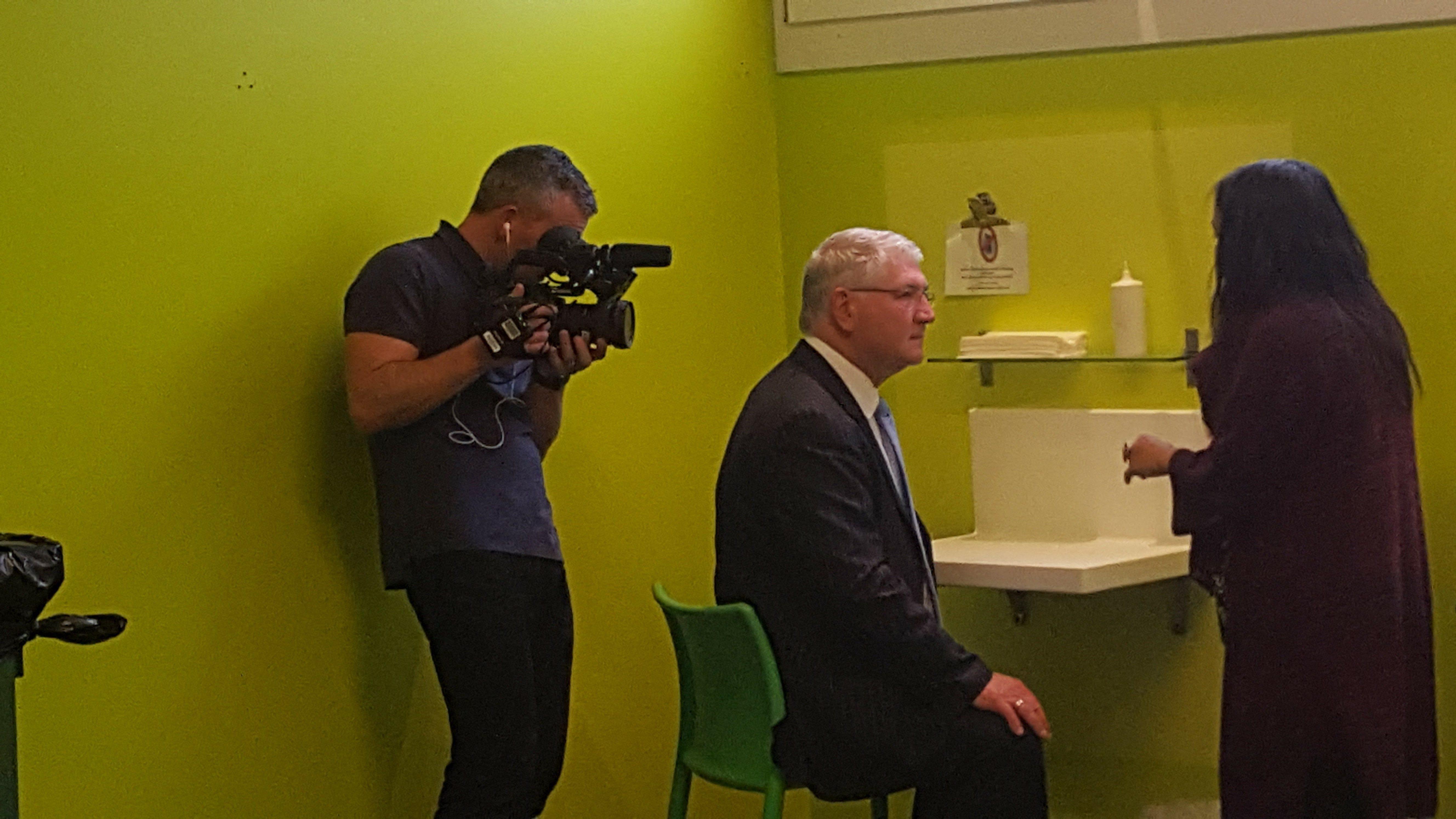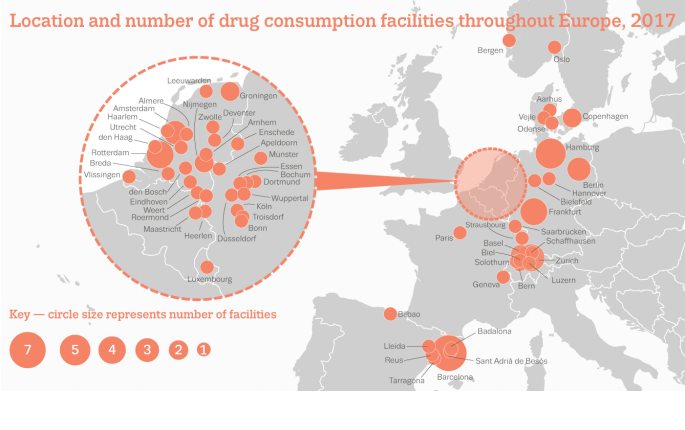29th March 2019
We have recently seen some welcome developments in Government drug policy: the Home Office now approves drug safety testing, is exploring diversion schemes, and backs heroin assisted treatment - with Glasgow set to open a clinic this summer.
But what about Supervised Drug Consumption Rooms? How much longer will the Home Office block the Cinderella intervention from the ball, especially as its own arguments start to shift?
Originally, the Government said DCRs didn’t have health benefits, would be too hard to police, were against international law, and supported the illegal drug market. Each of these positions is starting to crumble.
The health benefits.
Initially, drugs Minister Victoria Atkins refuted the evidence that DCRs work. In 2017, she stated in Parliament that:
“Canada has kept its provider, Insite, not because of the evidence that the services provided by Insite work, but because ...the Canadian Supreme Court ordered the Minister who wanted to close them to grant an exception to Insite in order to respect the constitutional rights of facility users and staff.”
But this changed after Canadian NGOs (and later the Canadian Government) pointed out that the Supreme Court of Canada actually said:
“Insite... has proven successful. Insite has saved lives and improved health...without increasing the incidence of drug use and crime in the surrounding area.”
The Home Office then went further acknowledging to Glasgow City Council:
“The Government’s own report, Drugs: International Comparators (2014), acknowledges ... the effectiveness of drug consumption rooms in addressing the problems of public nuisance associated with open drug scenes, and in reducing health risks for drug users. The Government’s Advisory Council on the Misuse of Drugs (ACMD) has also provided additional evidence... they reduce injecting risk behaviours and overdose fatalities. The European Monitoring Centre for Drugs and Drug Addiction (EMCDDA) too finds [they] ...reach and maintain contact with high-risk drug users...”
Policing DCRs.
After the Advisory Council on the Misuse of Drugs called for DCRs, Victoria Atkins countered that they would pose too many difficulties to police. Three Police and Crime Commissioners have since told the Home Office:

“We can assure you that the police in the UK have similar experiences [to police in other countries] and would have the requisite knowledge and skills to manage law enforcement to tackle drug dealing and to tolerate drug possession offences to allow the DCR to operate properly – as we do with current harm reduction centres.”
International Law.
Victoria Atkins also claimed DCRs were banned by the International Narcotics Control Board, seemingly unaware the has INCB changed its stance:
“The objective of [DCRs] has been to reduce the transmission of communicable bloodborne diseases, to prevent overdose death and to provide target populations with access to basic health care and social services, including treatment and rehabilitation opportunities...Drug consumption rooms must be operated within a framework that offers treatment and rehabilitation services as well as social reintegration measures.”
DCRs support the illegal drug market.
The Government’s main remaining argument is that by allowing illegal drug use, DCRs support the illegal drug market. But the reverse is true. In the short term, with or without a DCR, people will still buy the same quantity of drugs. In the long term, DCRs reduce the size of the illegal drugs market, by helping to get people into treatment. People in treatment use less heroin or other illegal drugs. According to the EMCDDA:

“There is no evidence to suggest that the availability of safer injecting facilities increases drug use or frequency of injecting. These services facilitate rather than delay treatment entry…”
So even the final main argument used by the Home Office does not bear scrutiny. Of course, evidence alone has never changed drug policy. Sadly, tragedy sometimes does. With the UK, and Scotland in particular, facing a shocking rise in drug-related deaths, and Glasgow in the middle of an HIV epidemic among people who inject drugs, the case for blocking a pilot scheme is looking ever less justifiable.
In the face of this reality, the Government needs to put aside ideological resistance and let those areas that believe supervised drug consumption rooms can saves lives put it to the test.
Martin Powell, Head of Campaigns and Communications




